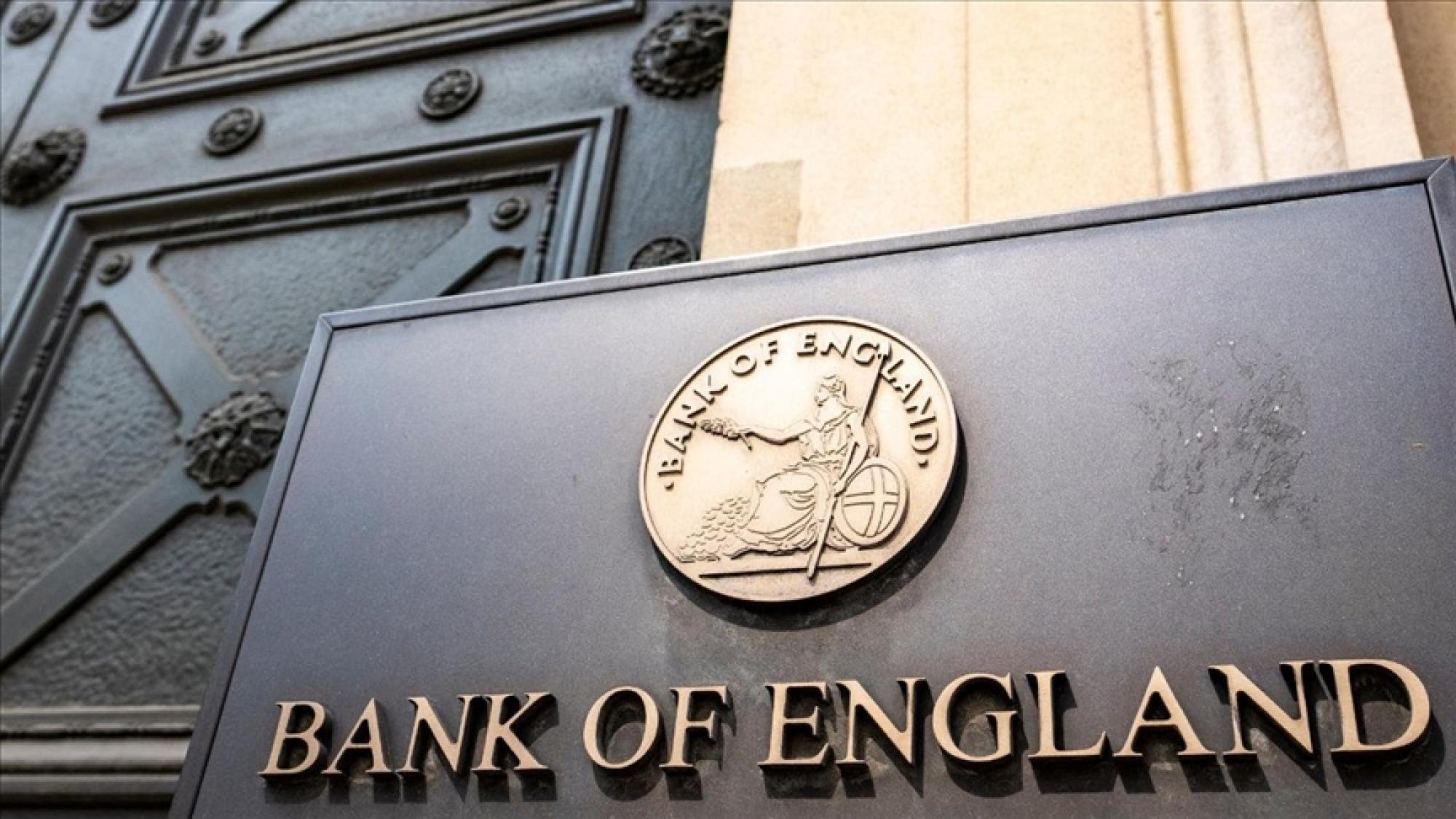Test- FTSE 100 Kicks Off August on a High as BP and Senior Lead Market Momentum
$11
10 Oct 2025, 13:13


U.K interest rate decision
European markets trading lower this morning as investors still trying to digest the interest rate hike set by the Fed yesterday evening. Fed has set the scene for Bank of England ahead of the meeting later today (12pm GMT), analysts expect a 75bp rise from the bank rising from 1.75% to 2.25%. The UK PM increased the spending on another energy package deal worth £40bn, which theoretically is no good for inflation. However, since the deal aims to cool down the inflation, BoE could potentially ease the rates creating a bullish opportunity for investors. Even so, this will take the rates to their highest level since 2008.
U.S Initial Jobless Claims
Over in the US, a weekly report is due to be released today which measures the number of individuals who filed for unemployment insurance for the first time during the past week. In recent weeks the outcome of the figures has been less than the forecast, suggesting positive improvements. This is despite the aggressive interest rates imposed by the US Federal Reserve system. The data is due at 8:30 ET (13:30 GMT), with analysts expecting another low week of 218,000. This would compare with 213,000 new claims the week before.
Costco Earnings
Costco Corp is expected to post another rise in its fourth-quarter revenue, assisted by strong demand for the supermarket’s snacks, seasonal goods and fresh foods. Hence, Investors will be on the lookout for comments on gross margin pressure, supply chain disruptions and the impact of inflationary pressures on consumer spending. Many expect to see earnings per share of $4.15 on revenue of $71.6Bn and will be closely paying attesting to what the directors have to say about changes in consumer behaviour.
Free Market Economies:
Free market economies are those that operate with lower intervention and regulation by the government. These are usually seen to be capitalist economies as there will be minimal ownership of capital assets by the government and prices will solely be determined by supply and demand.
Each year heritage1 releases a ranking of economic freedom that considers a range of factors from rule of law, government size, regulatory efficiency and how open the markets are.
In 2022 there were only 7 countries that were considered ‘free’:
The United Kingdom ranked 24th with the USA ranking 25th, and the 2 worst rankings were North Korea and Venezuela. Anything within the lower tier is considered ‘repressed’. It is important to note that China was ranked 158th out of 177th despite being the second-largest economy.
In theory, in a perfect free market economy there is a greater motive for profit as prices are determined by businesses being competitive rather than there being government regulation in place, there is also lower taxes due to the reduced government spending. A country that has a lower tax burden will therefore be more favourable in a wider range of areas, from financial freedom to foreign investment.
Countries like China have capital controls in place to prevent such measures, they heavily reduce foreign investment into the country and prohibit direct ownership of assets in the country if you are foreign without a Chinese passport. They also operate many of their largest industries like banking and Oil. Of the 5 largest banks in the world, 4 of them are Chinese state-owned owned all with assets larger than JP Morgan, and collectively control over 20 trillion USD~ of assets. Showing the significance of the state in China.
A country like the USA or the UK imposes significantly fewer restrictions and regulations on both consumers and businesses than a command economy country like China. However, there will also be a range of regulations that protect the wide majority of citizens such as safety standards, pollution controls, whistleblowing laws, monopoly laws as well as the protection of intellectual property. In China, many monopolies are operated by the government, whereas the UK and USA would regulate with the aim of increasing investment and competition. Also, companies are protected for their efforts to innovate in their industry through patents, trademarks and copyrights that they believe should apply internationally. There has been controversy in the past where Chinese businesses have stolen intellectual property from US businesses without having to spend anything on R&D.
Free Market Economies are also more likely to cause wealth inequalities due to the range of human natures and the rates of different areas of work being determined by supply and demand. There is usually a correlation between risk and reward, someone who goes out of their way to start a business usually has a higher earning potential than someone working. But not everyone will choose a high-paying job, or even to start a business. This freedom to be able to take on risks is the main difference between a free market and a command economy.
China is aiming to implement its common prosperity plan where there will be significant taxes on business owners and high earning individuals
in order to provide a ‘common prosperity’ throughout the country.